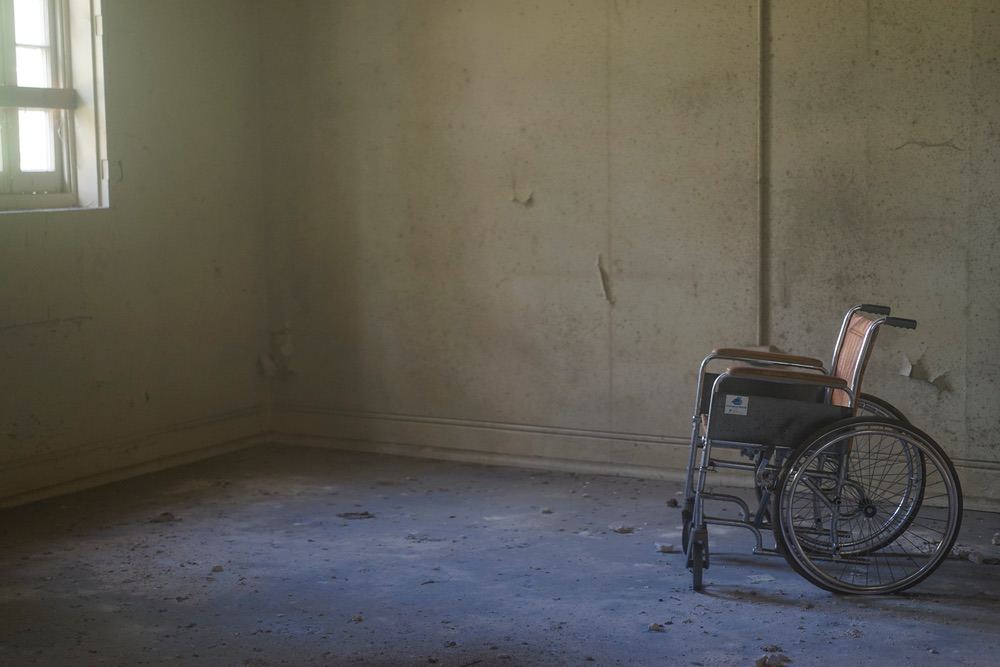I’m living with three little dictators, and I’m not talking of the human sort. You might think the tumor in my brain that telling my body to do all the wrong things would be the clear winner. Or maybe it would be the angry pelvis injury that did not appreciate growing another tiny human. Competition for the top spot has been fierce this year, but the big winner is… periodic paralysis.
You see, I got some big curveballs thrown at me last month. I didn’t see them coming, and I’m going to say it was my fault. To my shame, I hadn’t spent much time researching the disease. (For most of the reasons why, see previous post.) I also think it’s wise to be careful what you read on the internet. If you’ve ever typed your symptoms into Google and found yourself turning into a hypochondriac, you know what I mean.
To be honest, I took the genetic test because it was free. After all, they’ve only found four of the mutations responsible for periodic paralysis, so the odds were slim that I had one of them. When I heard the doctor on the other end of the line tell me the results were positive, I was flabbergasted. I felt vindicated, of course, but I immediately thought of my kids. It means we can test them for it. I cried all afternoon, and I’m not even sure I can put the “why” into words. It felt like big news.
That “black and white” genetic test gave me the confidence to throw myself into researching the disease, for me and maybe my children. You could argue that I should have done this a long time ago. That I had facts in hand, proving I had this for years and essentially did nothing about it. Sure, I knew what Wikipedia had to say, but I felt like I couldn’t reach out to the periodic paralysis community for fear they’d call me a fraud too.
As the name implies, periodic paralysis does cause full body paralysis. It also causes episodes of weakness. Full paralysis is obviously terrible, but with treatment I’d cut those episodes down to once or twice a month. Sure, I had times of noticeable weakness, but I’d play the “you’re just lazy” tape and push through. And I thought everyone with young kids is tired, so what does it matter if I’m fatigued or weak?
Turns out it matters. A lot. Game Changer #1: These attacks of paralysis and weakness cause cumulative, permanent muscle damage. It’s not uncommon for patients like me to end up in a wheelchair in their 50s or 60s. Game Changer #2: Paralytic attacks are most certainly life-threatening. I can die from either respiratory or cardiac distress. It really does happen, more than I thought.
Whoah. I’m still digesting that. Then two weeks ago, I got a wave of paralytic attacks. It happens sometimes; I’m learning that if I don’t let myself fully recover from one, it sets me up for another, but I digress. I called my neurologist. I needed an appointment ASAP. Never mind that he didn’t tell me any of the above facts, I needed his help. An ER protocol. A medical bracelet. A medication that would stop these attacks. A plan. I had a million questions.
Enter the periodic paralysis community. To prep for Monday’s appointment I posted every one (ok, dozens) of questions online. I wanted to make sure I covered all the bases with the neurologist. People wrote me from all over the world, citing medical journals and websites and physicians who have dedicated their lives to helping people. People like me. It was incredible.
Monday morning was a horrific experience. I could never have imagined how completely terrible that visit would go. I still cannot believe it really happened. It’s getting its own post, and it’s my Game Changer #3.

Recent Comments